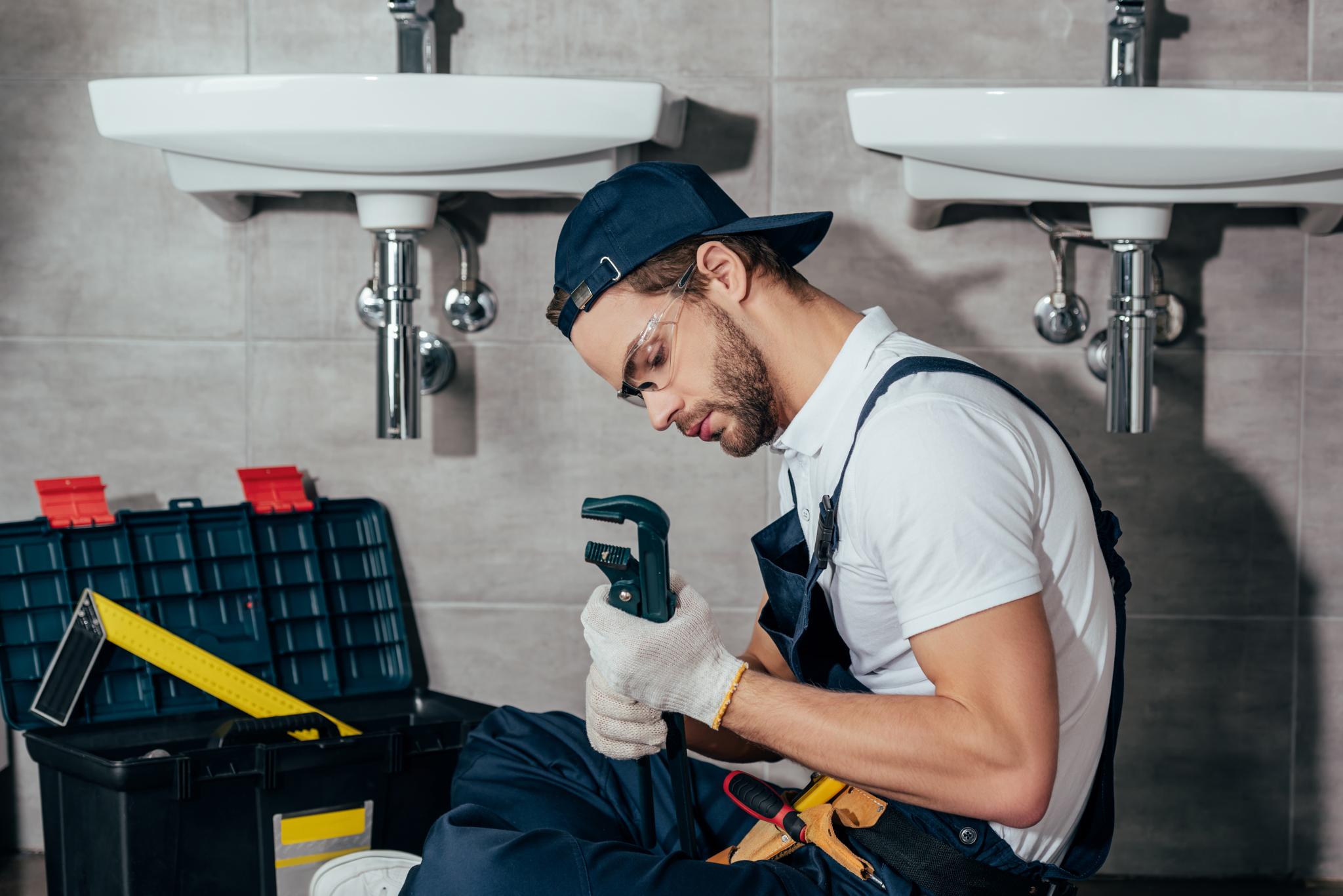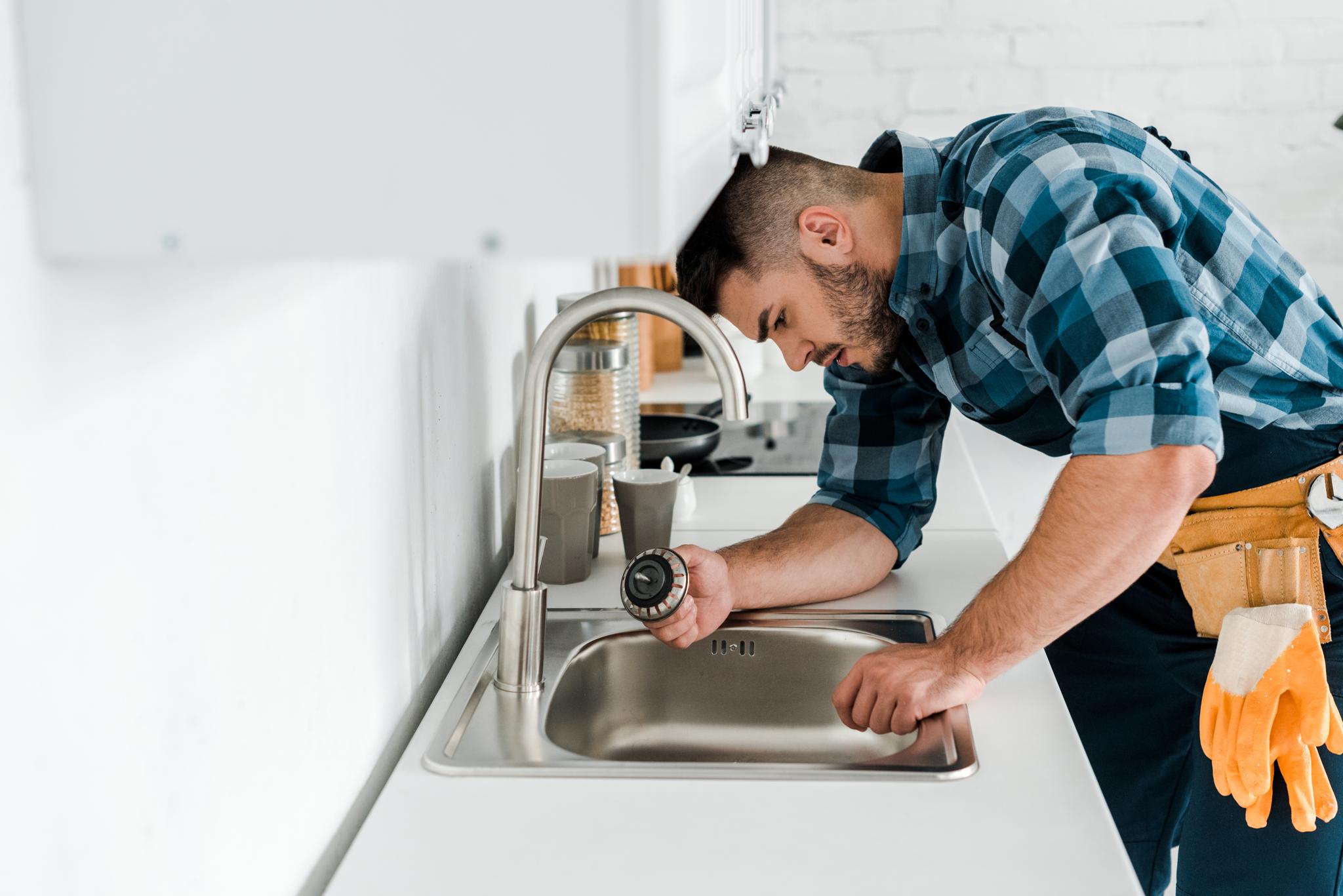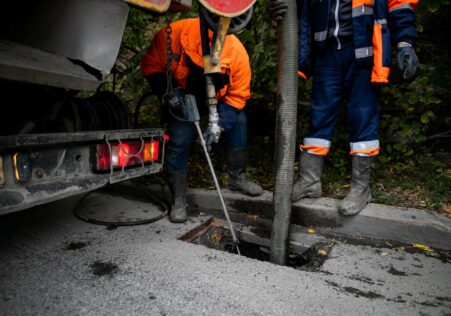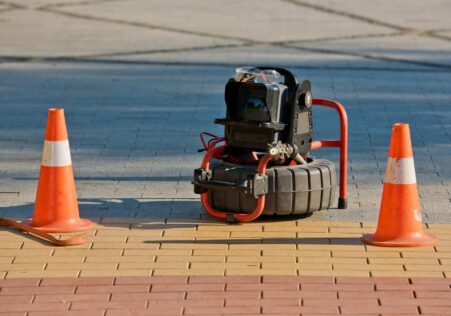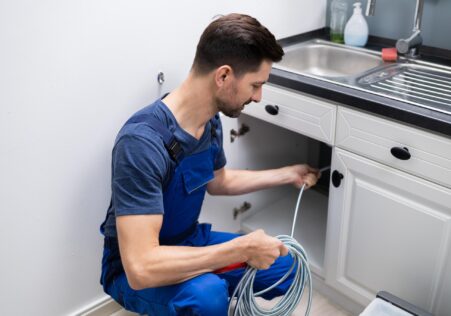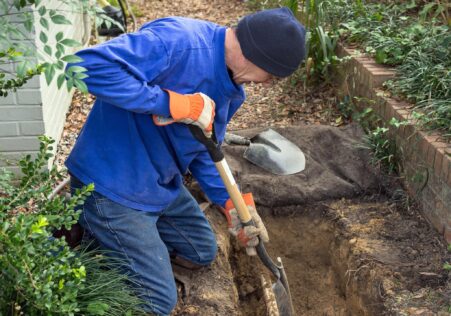How to Keep Your Drains Clean and Prevent Future Blockages
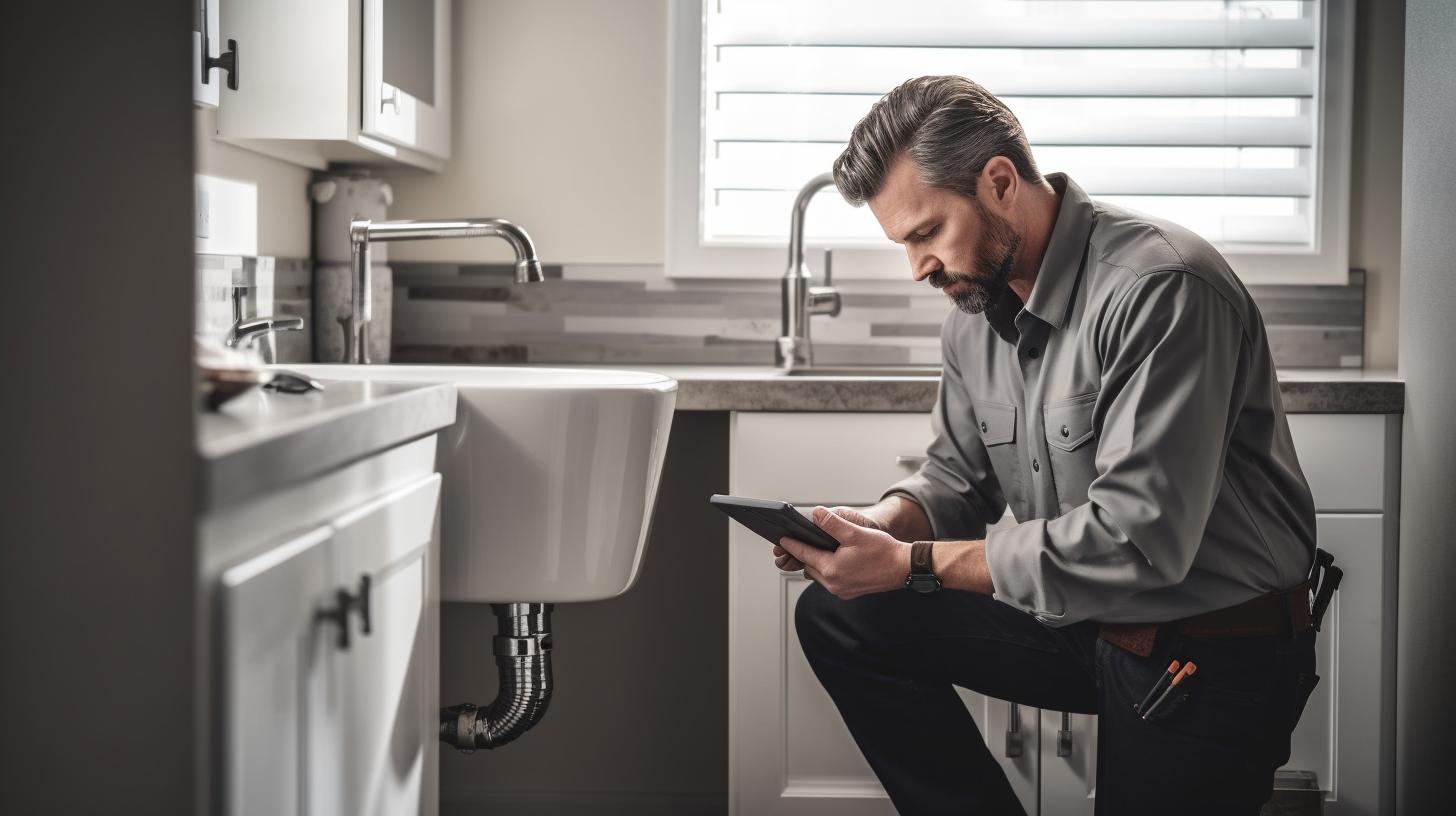
Are you tired of dealing with clogged drains in your home or office? Are you looking to know how to avoid future blockages and maintain your drains’ cleanliness? This article we’ll discuss some tips and tricks to help you maintain clean drains. We will also outline the importance of hiring professionals such as Sydney Plumber Blocked Drains for the job.
Key Takeaways
- The most common causes of blockages to drains include soap scum and hair buildup, food waste sticking to grease, toiletries flushed through the toilets, like baby wipes or feminine hygiene products cotton swabs or floss and the growth of tree roots in pipes outside the house.
- Install a strainer, or hair catcher in the drain opening to prevent hair or food waste from running down the drain.
- Make sure to properly dispose kitchen garbage by scraping food scraps into the compost bin or trash bag rather than flushing them down the drain.
- Conduct routine maintenance by pouring boiling hot water slowly down your sink, shower or tub drains, at least once each week after they’re free of debris.
- Make a mixture of baking soda and vinegar then pour it into the drain opening for a natural way of de-greasing buildup forming on sewer pipe walls that create blockages. For 30 minutes, wait and pour hot water down the drain.
- Call Sydney Plumber Blocked Drains for help with regular maintenance of septic tanks, sewer systems or pipes outside of the home to ensure they are working effectively and efficiently.
- Avoid using chemical drain cleaners since they could damage the pipes over time and harm the environment.
- Avoid flushing non-decomposable items like paper towels, cotton swabs and dental floss as well as feminine hygiene products down the toilet, as this can result in costly repairs to sewers and septic tanks.
- Be aware of unusual smells coming from drains. Pay attention to slow drainage, gurgling sounds or other unusual activity which could indicate a clogged drain that needs immediate attention.
Common causes of drain blockages
Before we begin to discuss the dos and don’ts, it’s important to know what triggers drain blockages to begin with. Here are a few common causes:
- Soap scum and hair buildup in bathroom drains
- Food waste clings onto grease the buildup of kitchen drains
- Toiletries flushed down the drain like baby wipes, female hygiene items, floss for teeth or cotton swabs
- Tree roots expanding into pipes that are outside the house
These elements can cause severe damage over time if ignored. Fortunately, there are ways to address each one and keep your drains running effortlessly.
Dos
1. Make use of a hair catcher
A hair catcher or strainer is a perfect fit over your drain opening and prevents food or other waste from draining. Make sure you clean the drains regularly.
2. Correctly dispose of the kitchen waste
Place food waste in an organic compost bin or trash bag instead of rinsing them in the drain. Rinse dishes with hot water when washing up.
3. Conduct regular maintenance cleaning
Each week, pour boiling water slowly down your bathtub, shower or the tub drain openings. Keeping them relatively clear will prevent build-up of material from clogging the drain completely.
4. Use baking soda and vinegar
Mix equal amounts of baking soda with vinegar (usually half 1 cup each) then slowly pour it into the drain opening as an effective method of removing the grease blockages that build up on sewer pipe walls that can cause blockages. Wait 30 minutes and then pour hot water down the drain.
5. Call a professional
Engage a professional plumber such as Sydney Plumber Blocked Drains to perform regular maintenance of septic tanks, sewer systems, or pipes that are outside the home to be sure that they function properly and efficiently.
Don’ts
1. Don’t use chemical drain cleaning products.
Chemical drain cleaners may cause damage to your pipes over time. They can may also be harmful to the environment. They may also be hazardous when used in conjunction with other products for cleaning.
2. Don’t flush any non-decomposable materials down the toilet
Avoid flushing non-decomposable objects down your toilet like paper towels, cotton swabs and dental floss as well as feminine hygiene products as they won’t dissolve naturally, and could instead cause expensive repairs in sewers or septic tanks.
3. Be aware of warning signs
If you notice abnormal smells emanating from drains, an infrequent drainage, sounds of gurgling or other unusual activities It could be an indication of an unclean drain that needs immediate attention.
| Do’s | Don’ts |
|---|---|
| Use a strainer or hair catcher | Use chemical drain cleaners |
| Properly dispose of kitchen waste | Flush non-decomposable items down the toilet |
| Perform regular maintenance cleaning | Ignore warning signs |
| Use baking soda and vinegar | |
| Call a professional like Sydney Plumber Blocked Drains for help |
Common Questions & Answers
How often should I clean my drains?
It is recommended that you clean your drains every 6 months to 1 year. If you observe slow drainage or smelly odors emanating out of your drains, you need to act as quickly as you can.
Which are the best DIY methods to clean my drains?
There are many ways to fix your plumbing at home including pouring boiling water down your drain, using vinegar and baking soda or using a plunger. But be aware of the types of materials and products you dump down your drain and avoid any that may cause harm or damage to the plumbing system.
How can I avoid future blockages of my drains?
Yes, regular cleaning of the plumbing may help prevent future blockages. Avoid flushing foreign objects into the toilet, frequently clean hair out of the drains of your shower, and also use a sink strainer to catch food waste before it goes into the drain.
When should I contact the services of a licensed plumber?
If you’ve tried DIY solutions but you’re still experiencing slow-moving drains or clogs it is recommended that you call an expert plumber for more analysis as there could be some underlying issues that require to be addressed.
My drains are always clogged, could this be an indication of a bigger problem?
Repeatedly clogged drains may indicate more serious problems, like tree roots infiltrating the pipes or collapsed pipes within the plumbing system. In these instances it is recommended to call an experienced plumber such as Sydney Plumber Blocked Drains who can assess the problem and suggest the best course of action.
In conclusion, maintaining healthy drains is vital for every office or house. Implement these suggestions today to avoid blockages in the future and allow your drains to flow freely. Keep in mind that professional assistance is just one phone call away. For more information on our plumbing services including unblocking drainage pipes CCTV drain inspection pipe relining and general plumbing maintenance, call Sydney Plumber Blocked Drains at # ###-###-#### or visit our website for more details. [(click here)] (https: //www. example.com/)
Additional Information
- Cut Costs and Hassle with Trenchless Pipe Replacement for Condos
- Rectify Your Sewer Dilemmas With No Spending A Lot: Pipe Relining
- Do-It-Yourself Drain Cleaning: Effective Tips for Avoiding Clogs in Your House
- Resolve your blocked drain emergency with the finest plumber available
- How to Tell You Need Drain Clearing Services for Your Business
- The Dangers of Using Chemical Drain Unblockers
- Blocked Drain Emergency? Here’s What You Need to Know About DIY vs. Professionals
- DIY Plumbing - A Step-by-Step Handbook to Clear Your Shower Drain
- Protecting the Nature at a time: Benefits of Pipe Relining
- Natural Methods for Clear Clogged Drains


